The Ethereum community has officially signed off on the ERC-3643 Ethereum Improvement Proposal (EIP), establishing it as a recognized standard for compliant tokenization of real-world assets (RWAs). The proposal reached its final status, meaning it has been formally reviewed, discussed, and agreed upon within the Ethereum community.
According to a press release by ERC-3643, the process is similar to how ERC-20 and other popular standards were established.
Decentralized Identity Verification and Compliance in ERC-3643
ERC-3643 is a standard for securities tokenization, RWAs, payment systems, and loyalty programs. It verifies users' eligibility for a token via a self-sovereign identity (SSI) framework, providing anonymous yet verifiable credentials, as explained by the association behind the proposal.
The approved standard, proposed in 2021, builds on top of ERC-20 and incorporates two distinct permission layers to enhance security and compliance, as per Cointelegraph.
The first layer of ERC-3643 focuses on the identity and eligibility of the transaction's receiver, utilizing ERC-734/-735 standards to verify the presence of necessary claims on the identity. Trusted claim issuers then authenticate these claims.
In the second layer, global restrictions on the token itself are implemented. This includes limits on daily token volume and the maximum number of token holders, ensuring controlled and regulated token circulation.
Projected Growth and Interest in Asset Tokenization
Asset tokenization involves converting the value of a physical or digital asset into a digital token on a blockchain or distributed ledger. This innovation brings several advantages, including increased liquidity, faster settlements, transparency, and accessibility to various markets. Real-world applications range from enabling fractional trading of real estate, art, and financial assets to intellectual property.
Management consulting firm Roland Berger estimates that asset tokenization will grow to a market worth $10 trillion by 2030, a significant rise from the current value of around $300 billion. These numbers highlight the immense potential of asset tokenization in transforming the financial landscape.
Numerous traditional and crypto-native firms are exploring asset tokenization as one of the main trends in finance. Notable companies such as JPMorgan, Goldman Sachs, and Societe Generale are actively considering the adoption of this technology.
Photo: Traxer/Unsplash





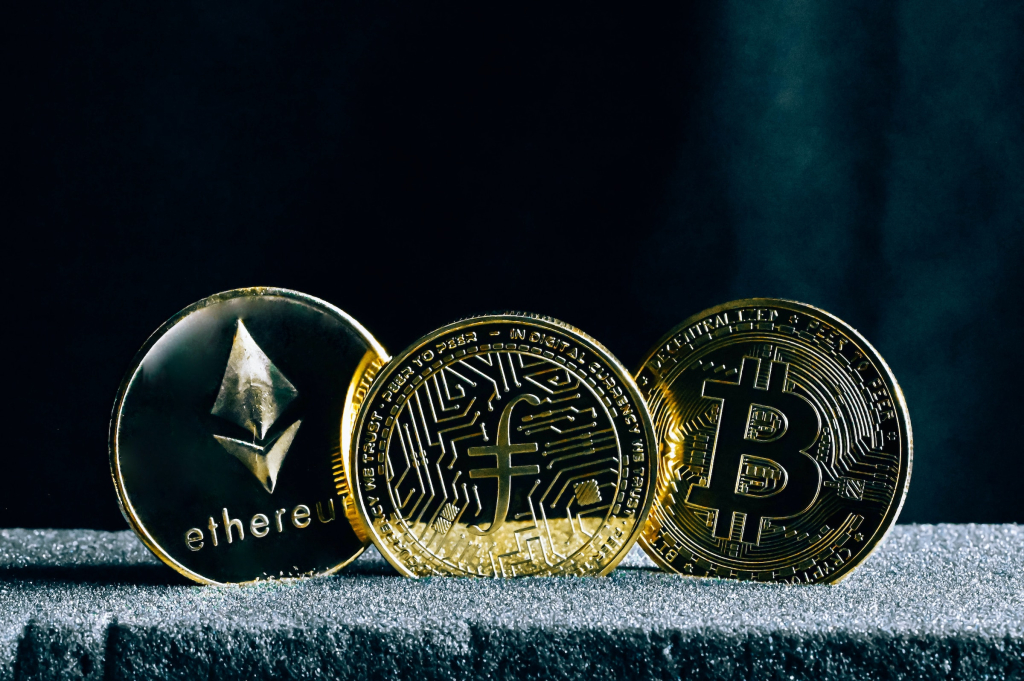


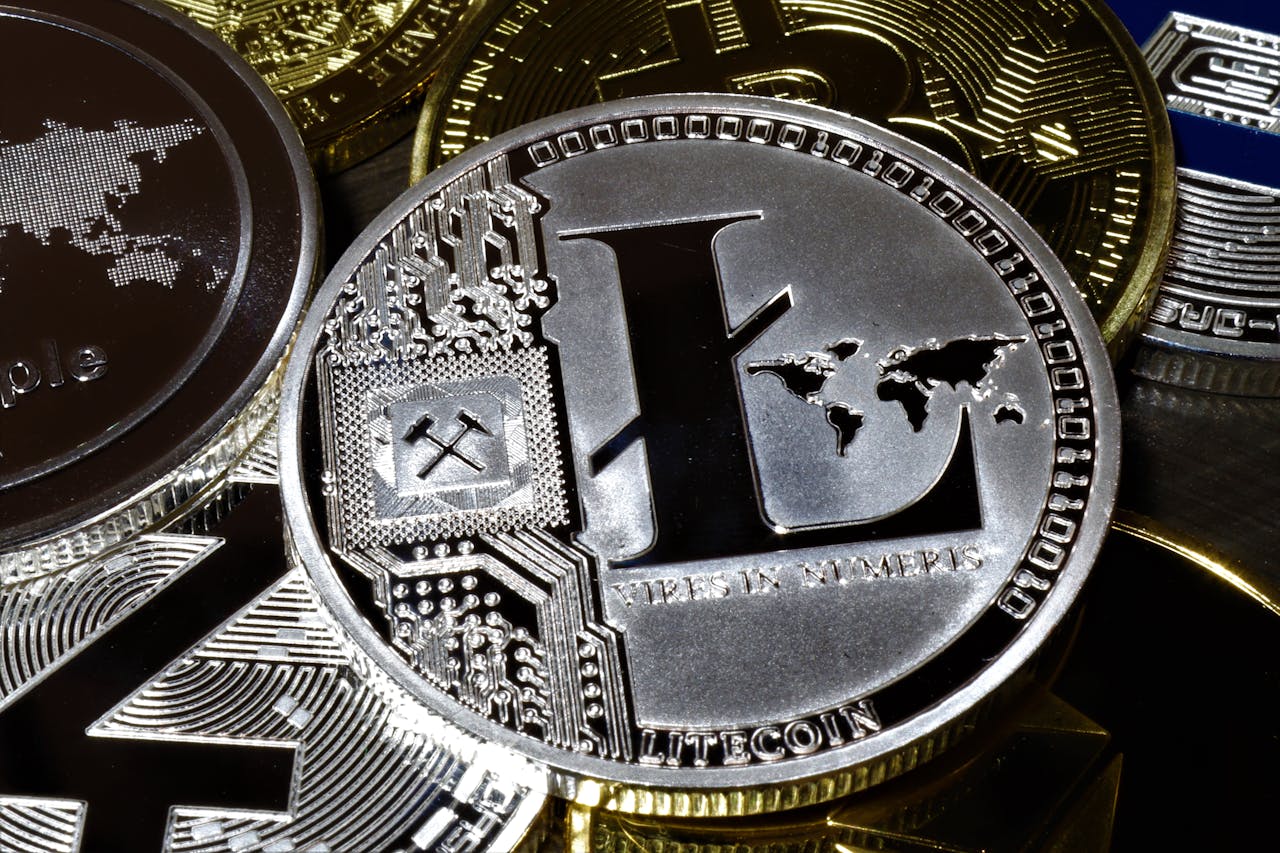





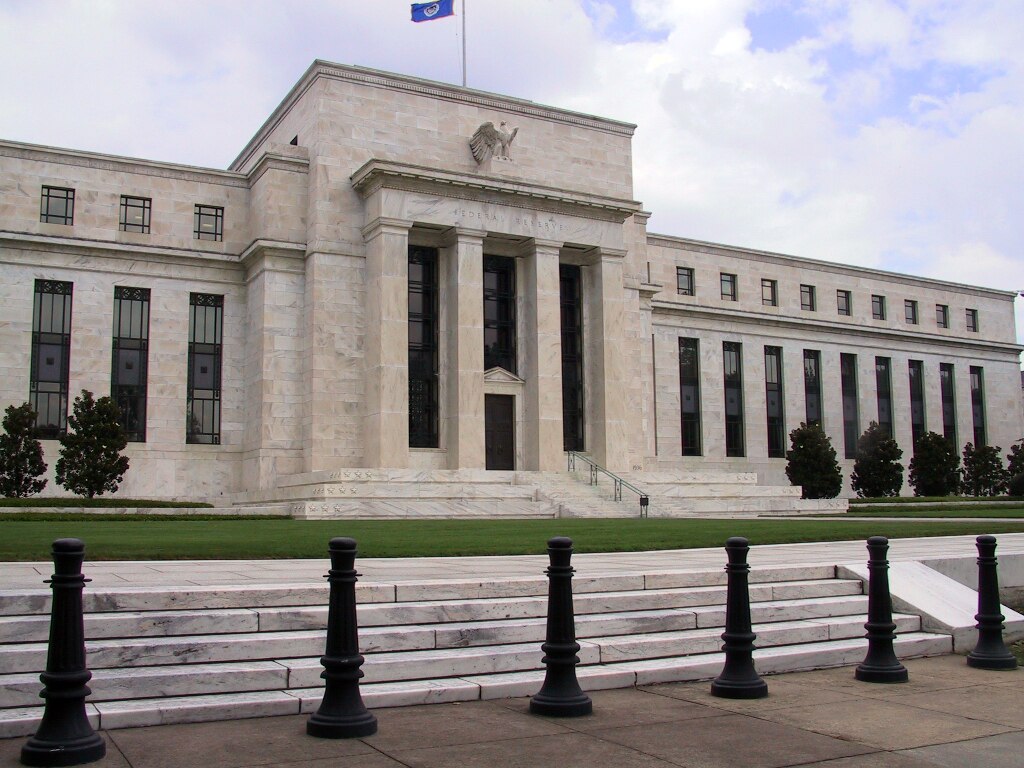
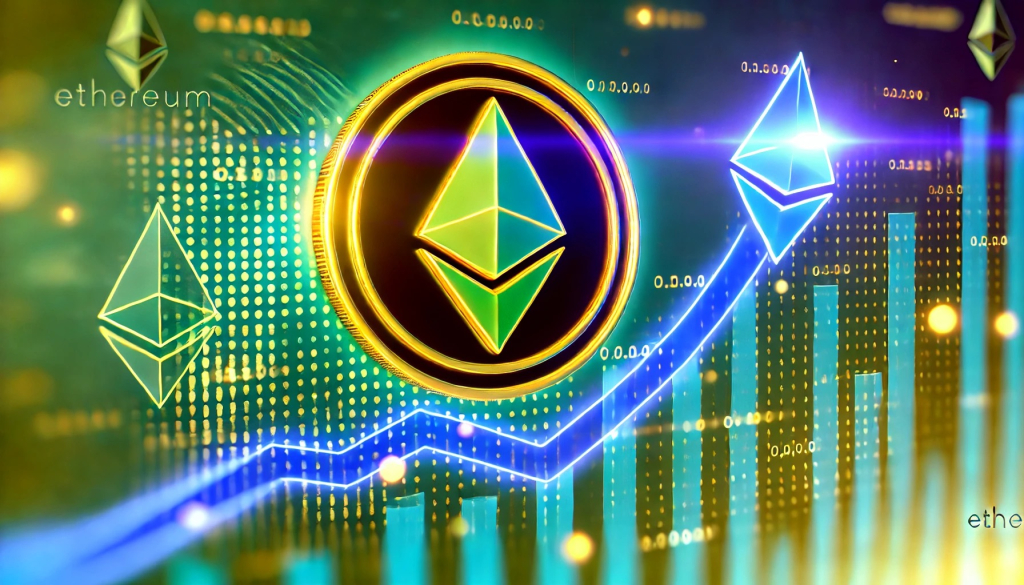




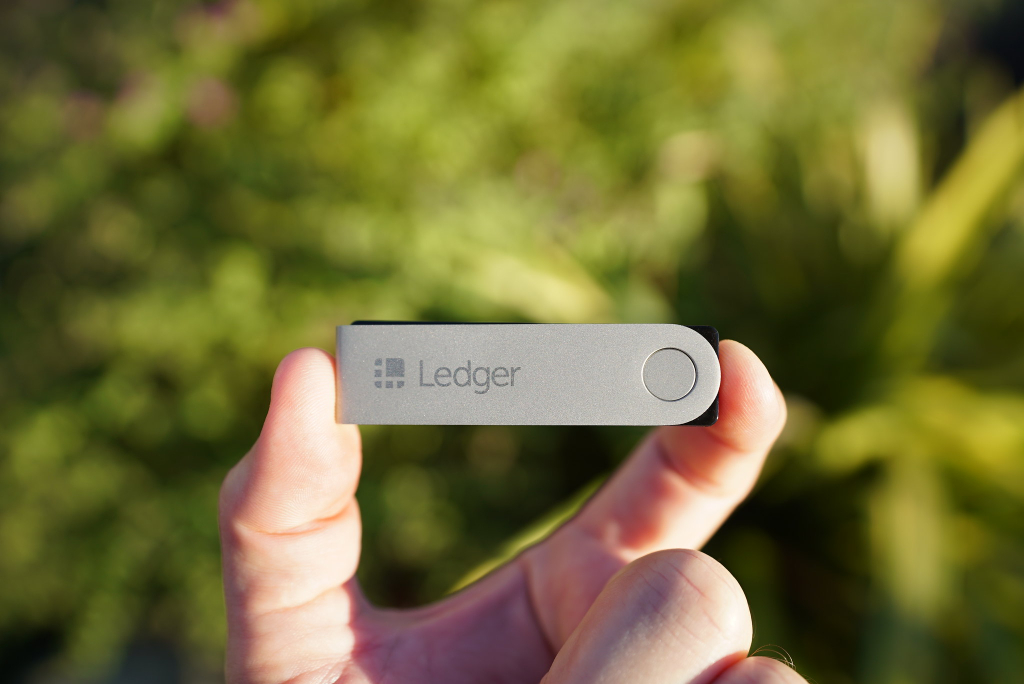





Comment 0